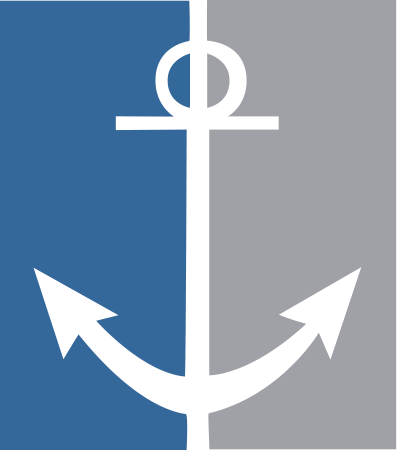All ocean-going ships operating on the Great Lakes and St. Lawrence Seaway are required by law to hire marine pilots to assist with navigation. In U.S. portions of the Great Lakes, pilotage services are provided under a regulated monopoly system managed by the U.S. Coast Guard. The system is outdated, inefficient, and costly. The Coast Guard’s annual rate-setting process fosters continual conflict and animosity between pilots and the shipping companies they serve.
AGLPA Position
The U.S. Coast Guard has failed to effectively manage the Great Lakes pilotage program. Congress should examine Coast Guard oversight of the program and modernize the Great Lakes Pilotage Act. Pilotage should ensure safe navigation while seeking to be efficient and cost effective.
Additional Background
Marine pilots are expert navigators familiar with local geography, weather, currents and sailing conditions. All ocean-going ships operating on the Great Lakes and St. Lawrence Seaway are required by law to hire a U.S. or Canadian pilot to assist with navigation. In U.S. portions of the Great Lakes, pilotage services are provided by three private companies. Each company provides service to a specific geographic area.
The Great Lakes Pilotage Act of 1960, and its associated regulations, give form and structure to the pilotage regime in the sections of the Great Lakes under U.S. jurisdiction. This antiquated system operates as a regulated monopoly and is long overdue for reform. Ship owners (the consumer) are required by federal law to employ pilots. Since there is only one pilotage service provider authorized in each geographic area, an effective monopoly exists.
The Coast Guard exercises broad regulatory oversight over all aspects of Great Lakes pilotage, including the setting of fees. Pilotage fees are determined through a step-by-step rate-setting process contained in federal regulations (46 CFR Part 404). Under these regulations, the Coast Guard adjusts pilotage rates annually through a federal rulemaking process.
Under Coast Guard management, Great Lakes pilotage has become a runaway cost for the Great Lakes-St. Lawrence Seaway navigation system. Between 2014-2023 the overall cost of U.S. pilotage on the Great Lakes has tripled ($12.8 million – $37.6 million). Individual pilot compensation is set by the Coast Guard at $440,658/year, and far exceeds the compensation of similar mariners working in the private sector.
Runaway costs threaten the competitiveness of international commerce on the Seaway system. Great Lakes ports, terminals, dock workers, warehousemen, truck drivers, and others all have a stake in this commerce, and will all be impacted should shippers chose to move goods by other routes.
While Great Lakes ports support a safe, efficient, and reliable pilotage system on the Great Lakes, we disagree with the Coast Guard’s approach. In any regulated monopoly, market forces are absent. As the regulator, one of the Coast Guard’s roles should be to protect the consumer. Coast Guard oversight of Great Lakes pilotage annually adds additional costs to the shipping system but is deficient in that it never seeks to find efficiencies.

